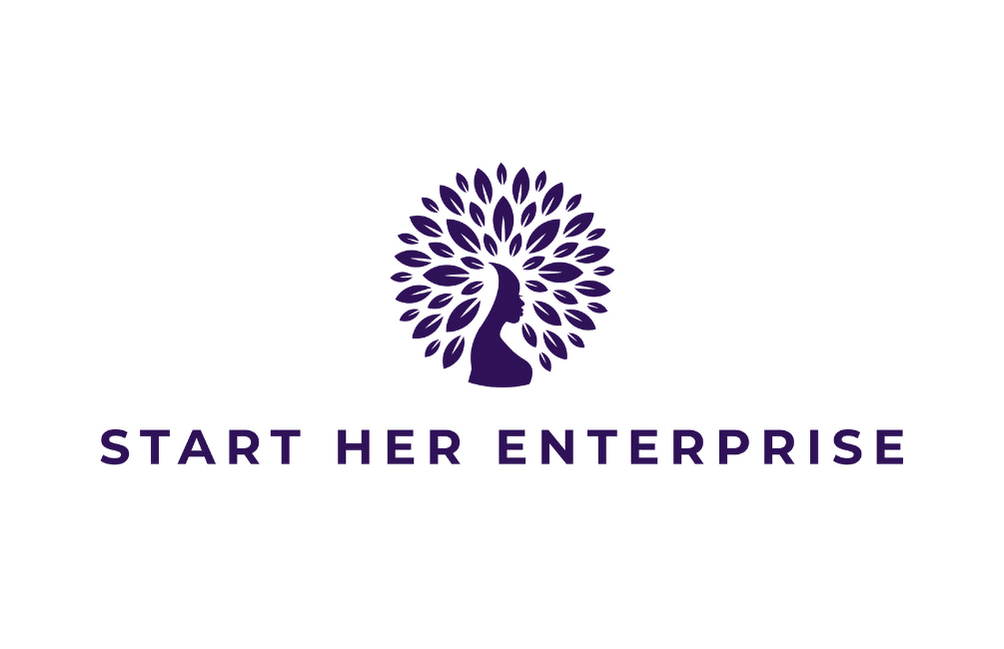Our Partners
SHE partners with local organisations across sub-Saharan Africa who support women to define their own paths through vocational training, education and entrepreneurship programmes.
sierra leone
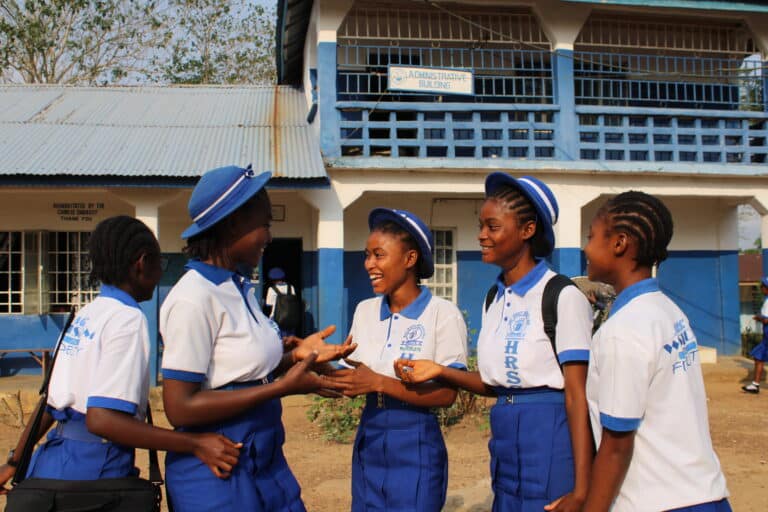
Advocacy movement network (amnet)
AMNet is a female-led organisation that aspires to see a Sierra Leone where everyone can claim their individual human rights, and dignity is guaranteed for all. It seeks to end all forms of violence and social injustice against marginalised groups, particularly women and girls.
To achieve this, its work revolves around three key areas: child protection, youth development and gender empowerment. Working across half of Sierra Leone’s 16 districts, AMNet's projects and interventions take place in areas with the worst records of human rights violations – including in diamond mining locations and infamous trafficking hotspots.
Main focus: Child protection, youth development and gender empowerment
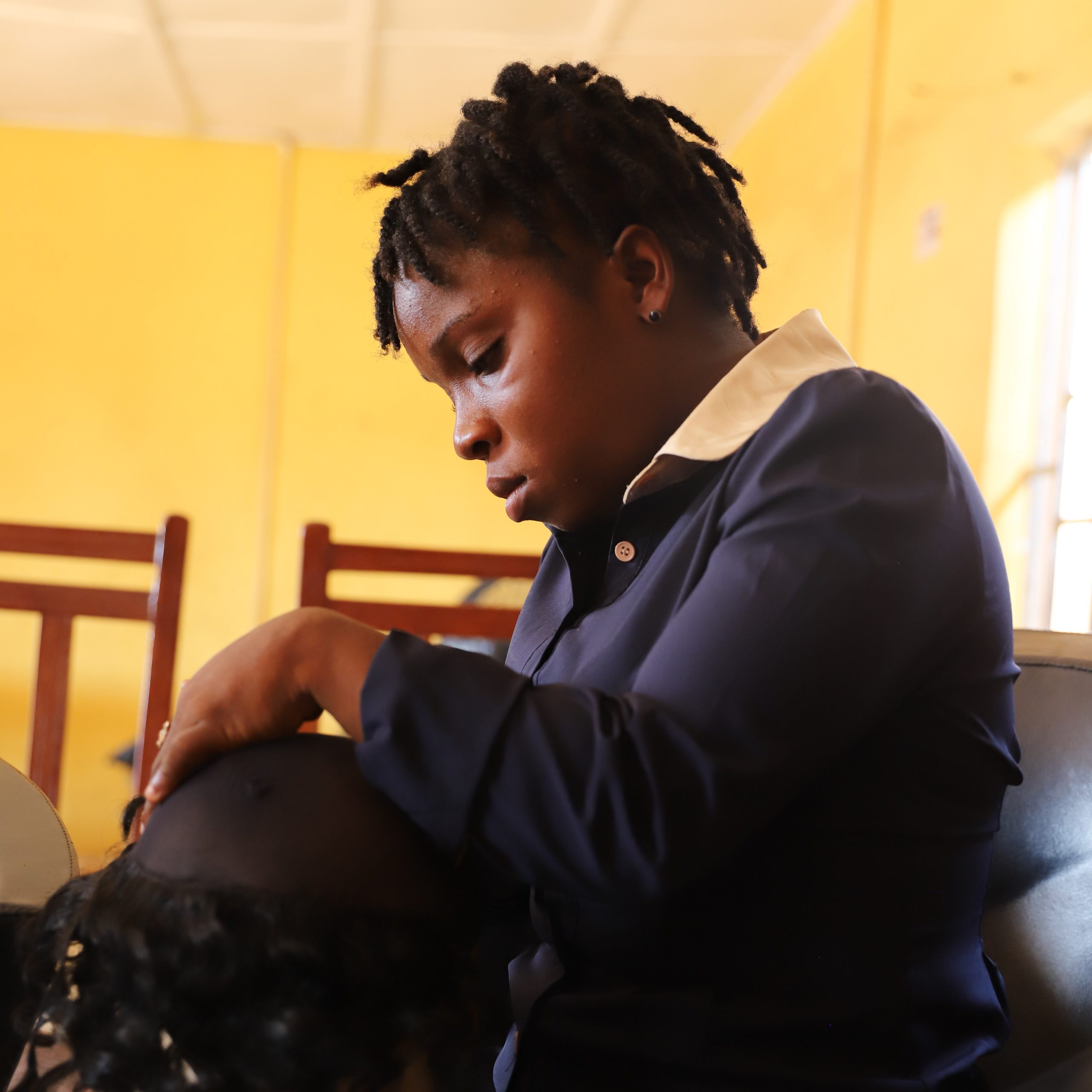
Mamie foundation
The Mamie Foundation works with children, young people and women who have experienced violence, abuse and discrimination because of their gender or social status. They strive to help achieve a just and equitable world where children, young people and women have the tools they need to shape their own future.
In particular, the Mamie Foundation helps women to claim their human rights, be free from violence, and become financially self-sufficient and socially active. Similarly, they support young people to develop employability skills and support entrepreneurship opportunities, and improve access to quality education for children.
Main focus: Youth development and gender empowerment
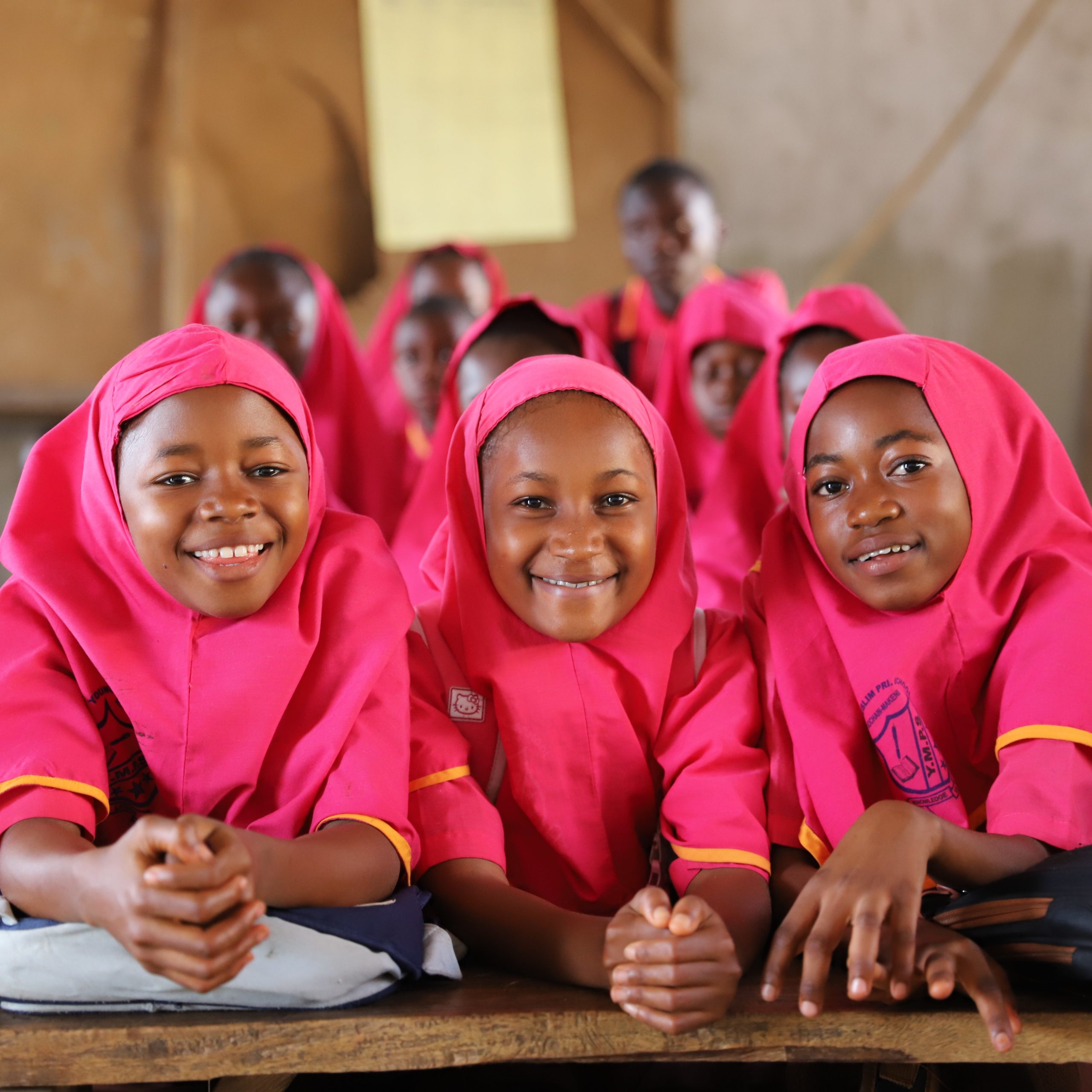
pikin-to-pikin movement
Pikin-to-Pikin Movement’s vision is to see a Sierra Leone where the government, civil society and non-governmental organisations ensure that all children have the resources that they need to grow into healthy, thriving members of society. As a child-centred community development organisation, they work tirelessly to encourage and enable children to promote holistic health, well-being and development – for themselves, their families and their communities.
As well as reaching children, in recent years, the organisation has also expanded its programmes to support other groups facing poverty and inequality, including young people and women. The organisation concentrates its efforts in hard-to-reach areas of Sierra Leone’s Tonkolili district.
Main focus: Child protection, education and health
liberia
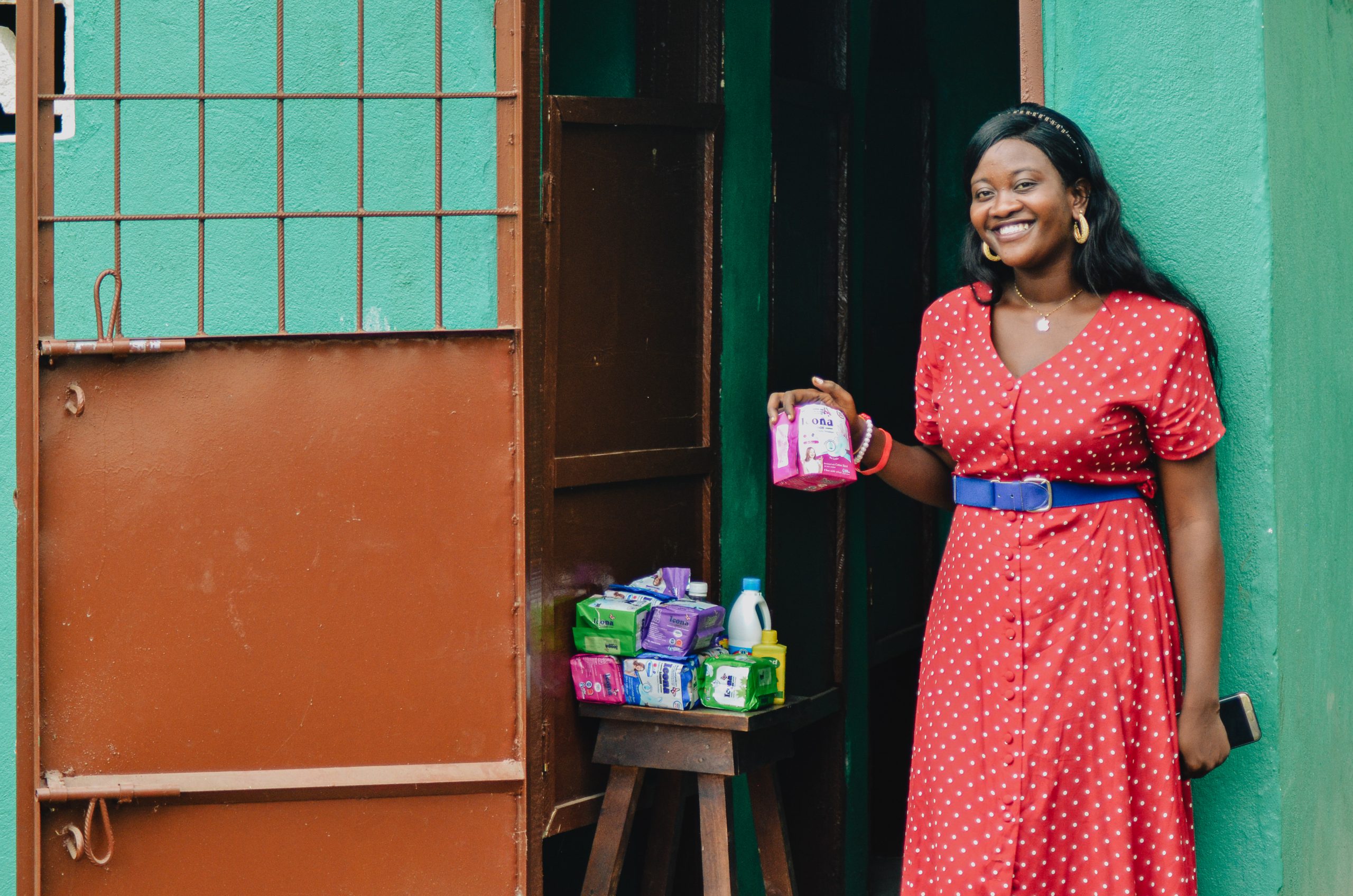
the self-help initiative for sustainable development (shifsd)
Working towards a just society free of illiteracy and poverty, SHIFSD believes in the power of functional adult literacy and entrepreneurship to challenge the issues that local communities face.
Founded at the Buduburam refugee camp in Ghana in 2000, the organisation returned home to Liberia in 2008 to continue to pursue its aims of supporting others to help themselves through collective initiatives.
Main focus: Adult literacy and entrepreneurship
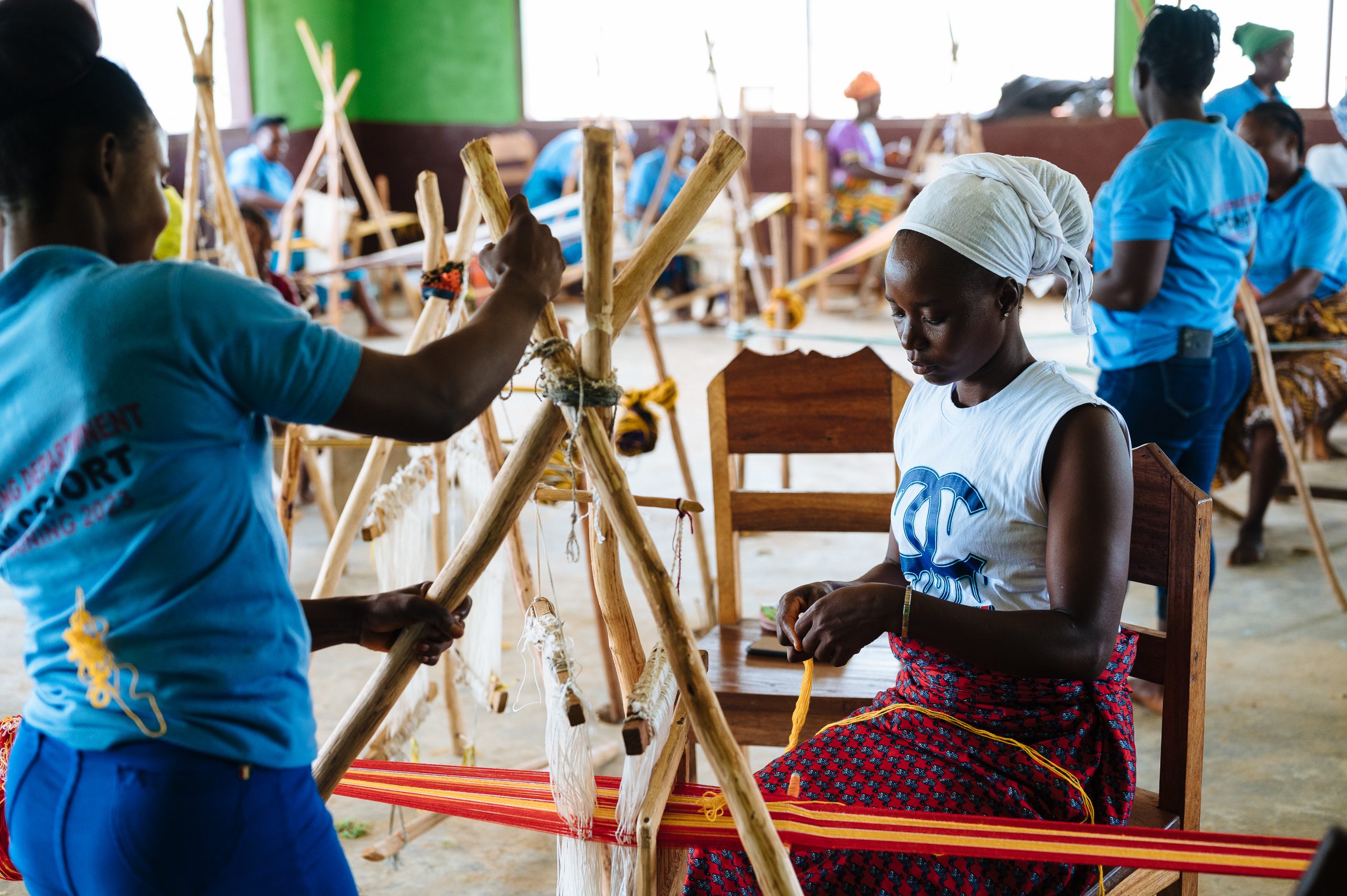
camp for peace
Camp for Peace's mission is to contribute to the transformation, education, empowerment and sustainability of Liberians in solving Liberia’s problems. A core part of this is through training and providing start-up funding for cooperatives that generate revenue for communities and households in exchange for their produce.
Main focus: Education and empowerment
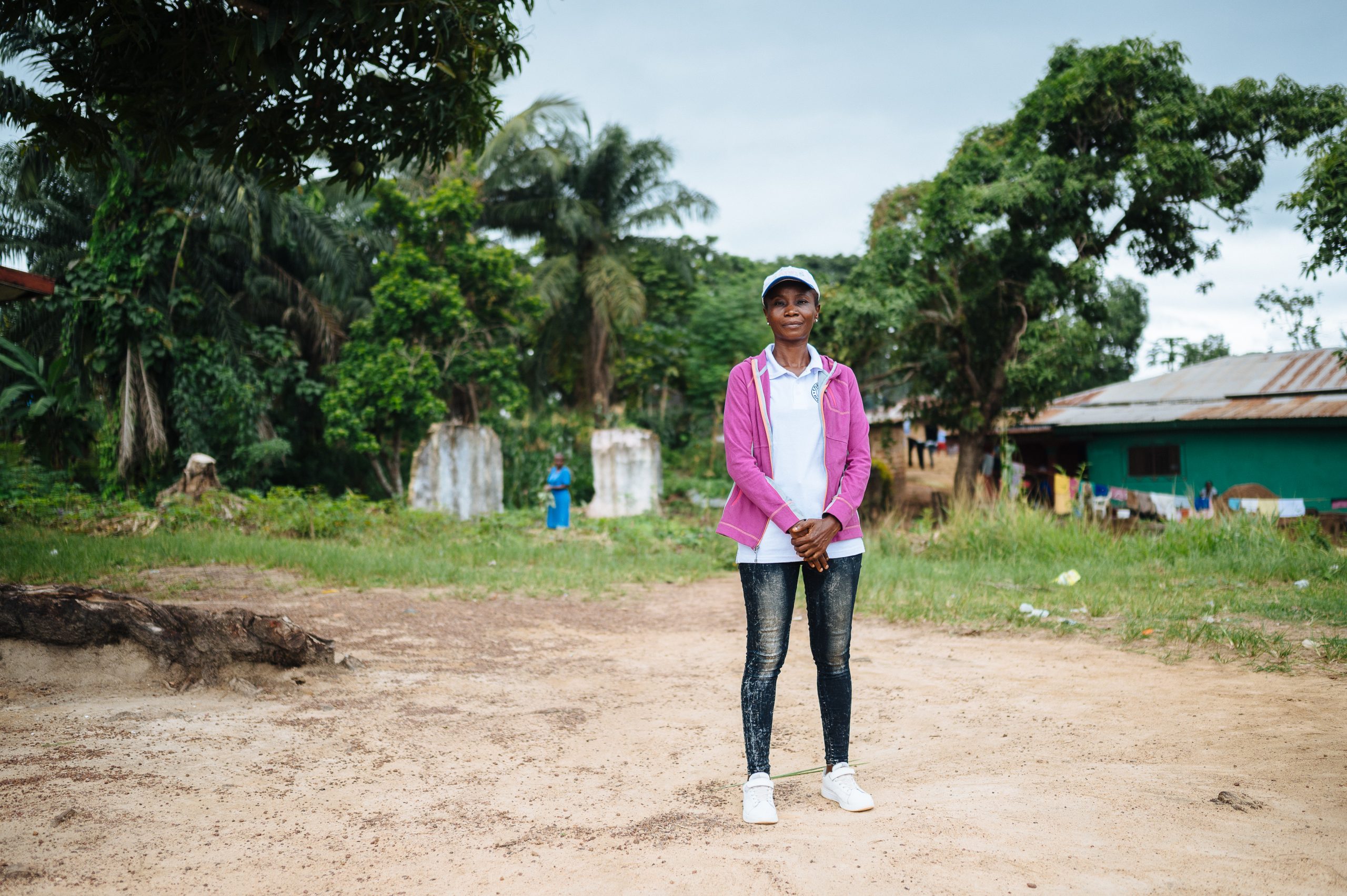
rural human rights activists programme (RHRAP)
Founded in 1997, RHRAP has almost 3 decades of experience implementing programmes that promote and educate communities on human rights, rule of law and civic opportunity.
RHRAP provides legal representation for prolonged pretrial detainees, conducts livelihood skills training for youth and prison inmates, and works with communities to hold the justice sector accountable for enforcement injustices.
It also works with indigenous and rural communities to engage national governments, and with mining companies in order for local people to benefit from natural resources extracted from their homes.
Main focus: Human rights, rule of law and civic opportunity
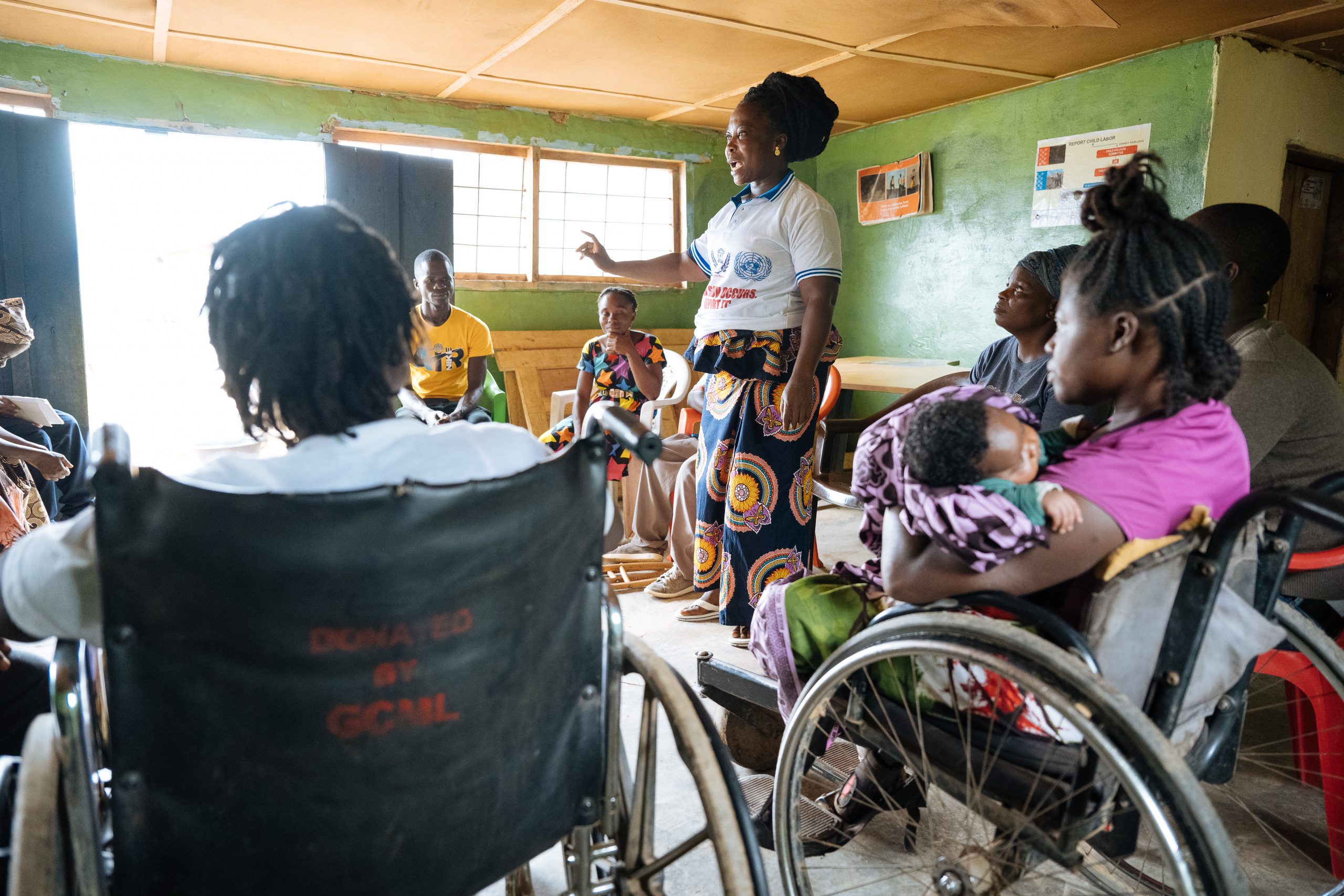
efficient research and development institute (erdi)
Through its work centred on education, health, agriculture, environmental and gender-based protection, ERDI seeks to strengthen and reduce the poverty rate of women, young people and those with disabilities within Liberia.
Centred in Nimba (Liberia’s second most-populous city), ERDI works through community structures, equipping local leaders to continue projects into the future.
Main focus: Education, health, agriculture, environmental and gender-based protection
ethiopia
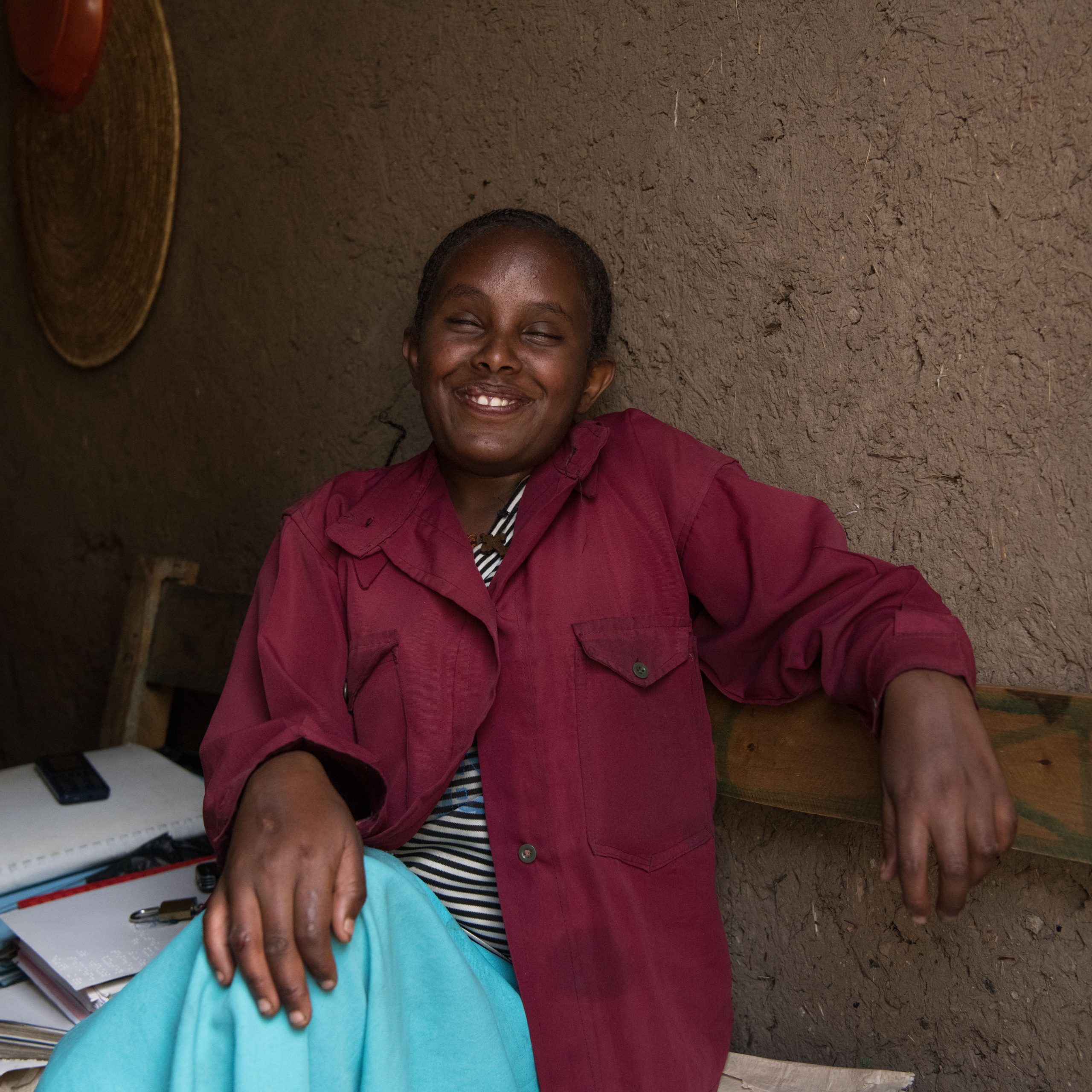
help for people with disabilities organisation (HPDO)
HPDO is a Disabled Persons Organisation (DPO) founded in 1994 to promote equal opportunity, effective participation and inclusion of people with disabilities living in Ethiopia. HPDO utilises a Community Based Rehabilitation (CBR) approach to support people with a range of impairments and their families.
Through the CBR approach, HPDO increases the participation of children, young people and adults with disabilities in education, employment and general life, strengthening their wellbeing, self-reliance and physical capacity. HPDO also works closely with wider communities to overcome stigma and prejudice around disability, and champions the rights of people with disabilities.
Main focus: Empowerment of people with disabilities
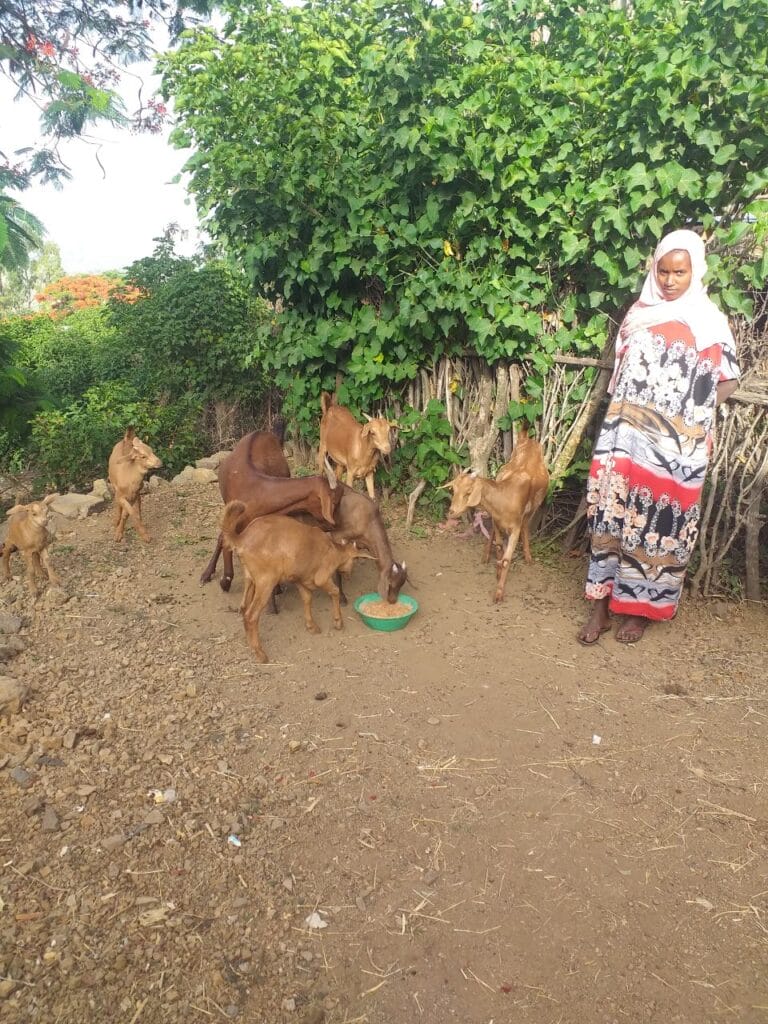
addis hiwot rehabilitation and reintegration association (ahrra)
AHRRA focuses on improving the health, livelihood and wellbeing of overlooked and underserved people through strong participation and community-led action. It works with local communities and government structures across the Amhara region to support people living on the margins – including those living with HIV, prisoners, vulnerable children, unemployed young people and returned migrants.
Main focus: Improving nutrition among children and their mothers
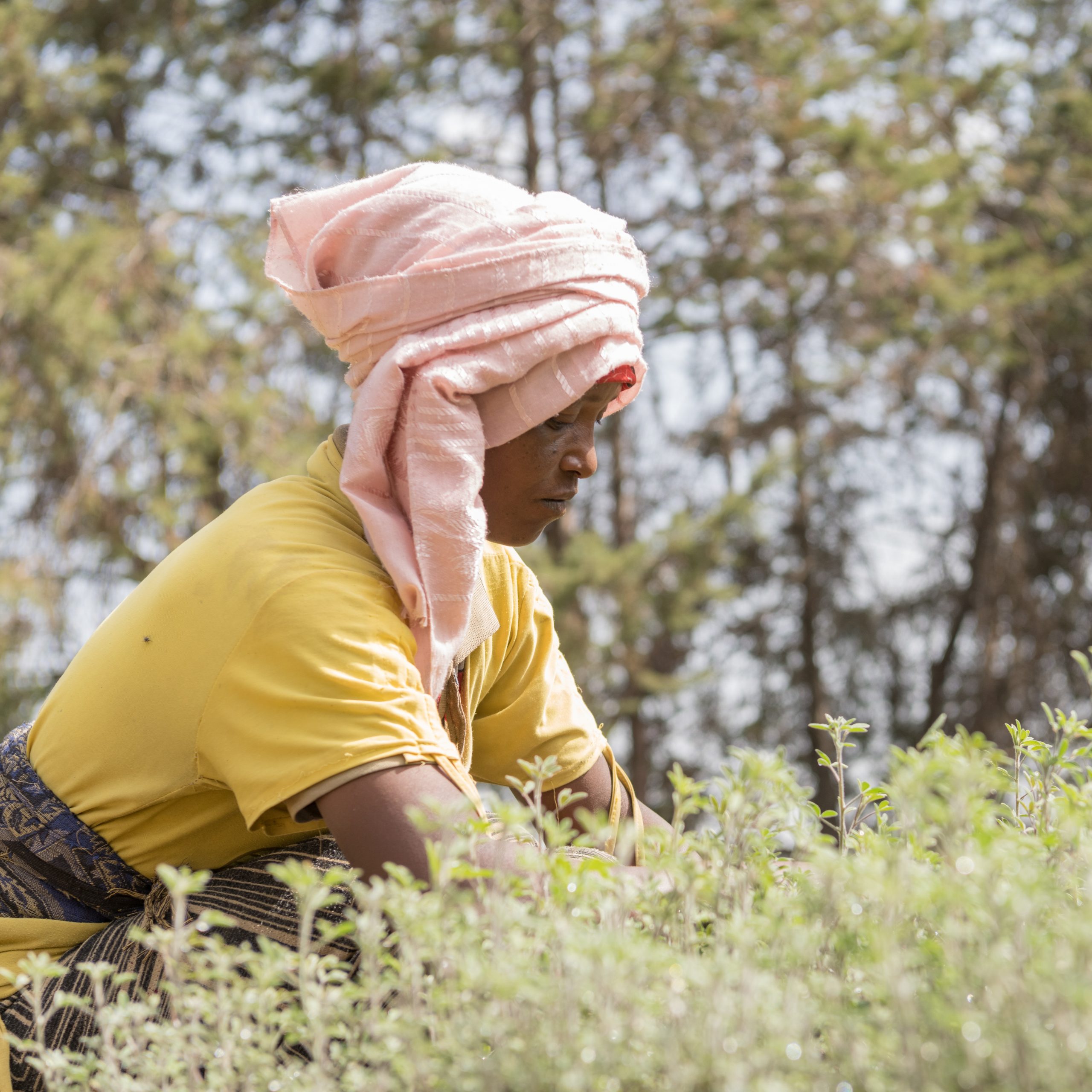
integrated rural development association (AdHEno)
ADHENO’s vision is to see the livelihoods of the people of North Shoa improved, all households becoming healthy and food secure, and the degraded environment rehabilitated. It does this by improving the living conditions of the people of North Shoa by working with communities on environmental rehabilitation, expanding access to basic education, facilitating income and employment generation opportunities, and promoting health and wellness.
Main focus: Supporting farmers
uganda
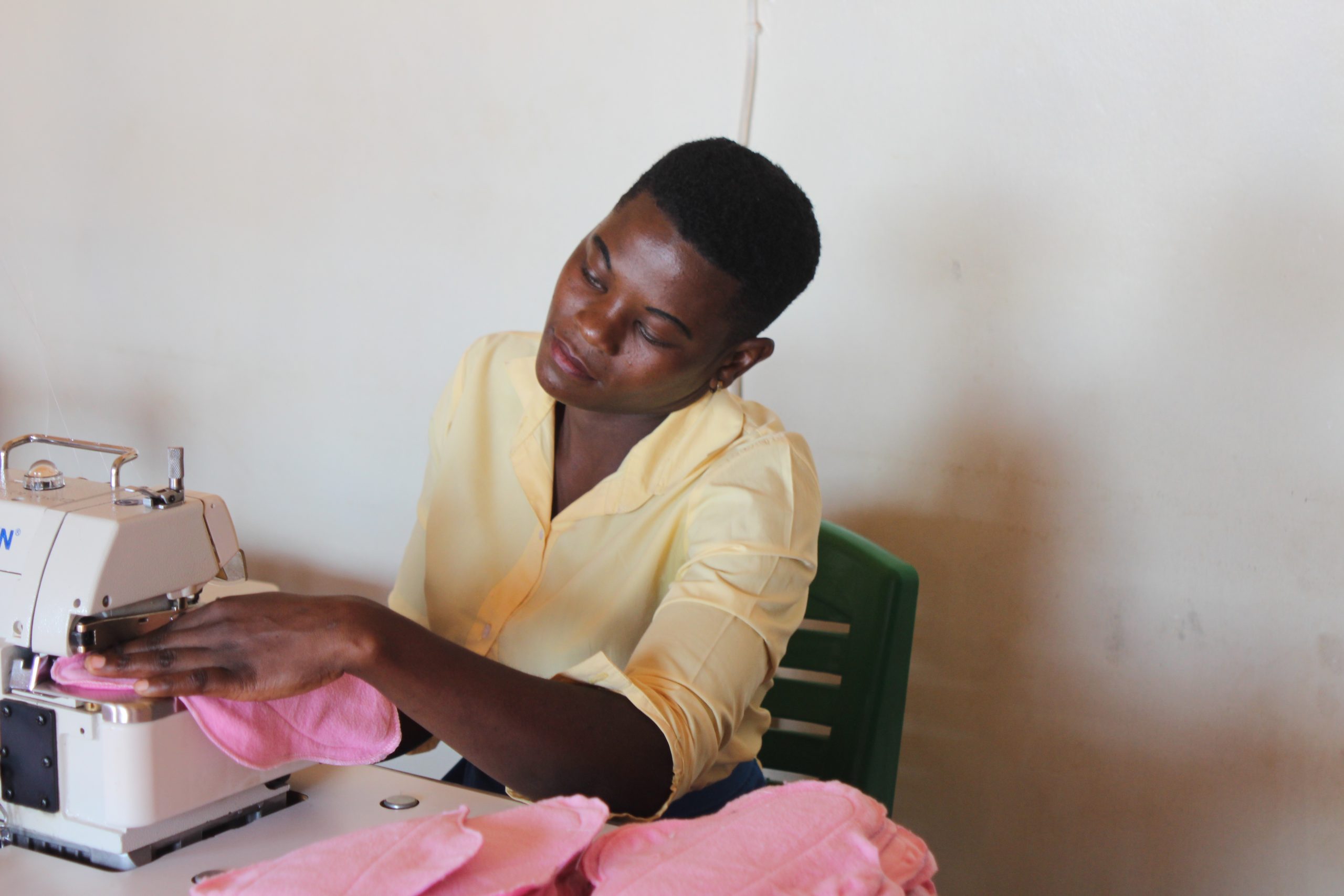
concern for women and children empowerment (cofcawe)
COFCAWE exists to empower children, women and their families in health, social and livelihood skills. It works to educate rural communities on issues such as sexual and reproductive health, and gender relations. It also works with teenage mothers, helping them acquire vital livelihood skills, including tailoring and hairdressing, so that they can start small businesses to provide for themselves and their families.
Main focus: Sexual and reproductive health and entrepreneurship
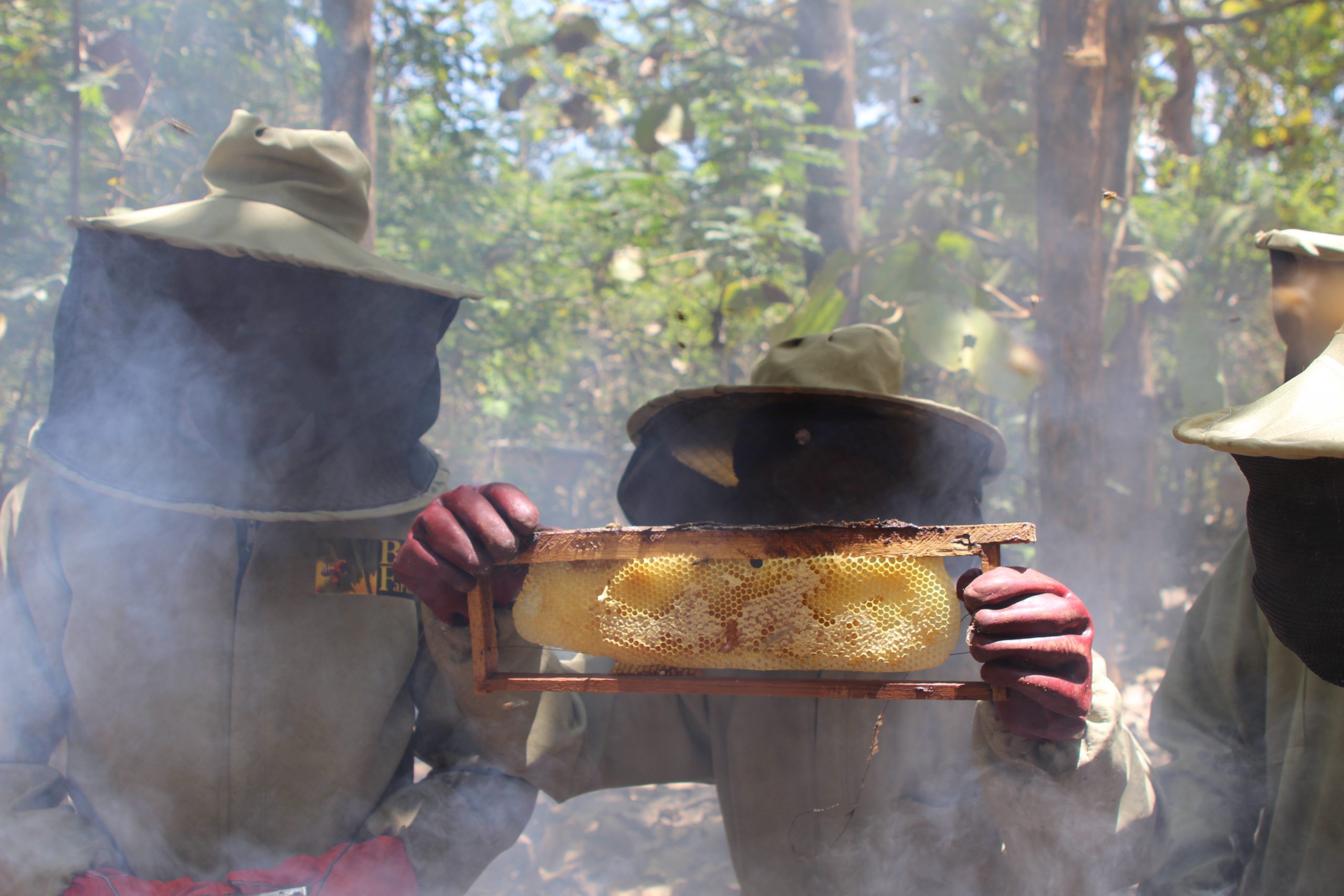
budeki beekeepers association (Buba)
BuBA was established in 2018 when bee farmers in 6 Ugandan districts agreed to form an association to promote beekeeping and sustainably protect the environment. BuBA’s vision is ‘empowered beekeepers for sustainable livelihood in rural communities’ while its mission is to ‘contribute to the promotion of beekeeping through the provision of education, mentorship and collective marketing’. It has a special focus on involving the most deprived and disadvantaged members of society, including those with disabilities.
BuBA has focused its efforts towards the sustainable use and management of wetlands and swamps, and afforestation. It also carries out research on the various alternative benefits of beekeeping, including medicinal honey and other by-products.
Main focus: Sustainability
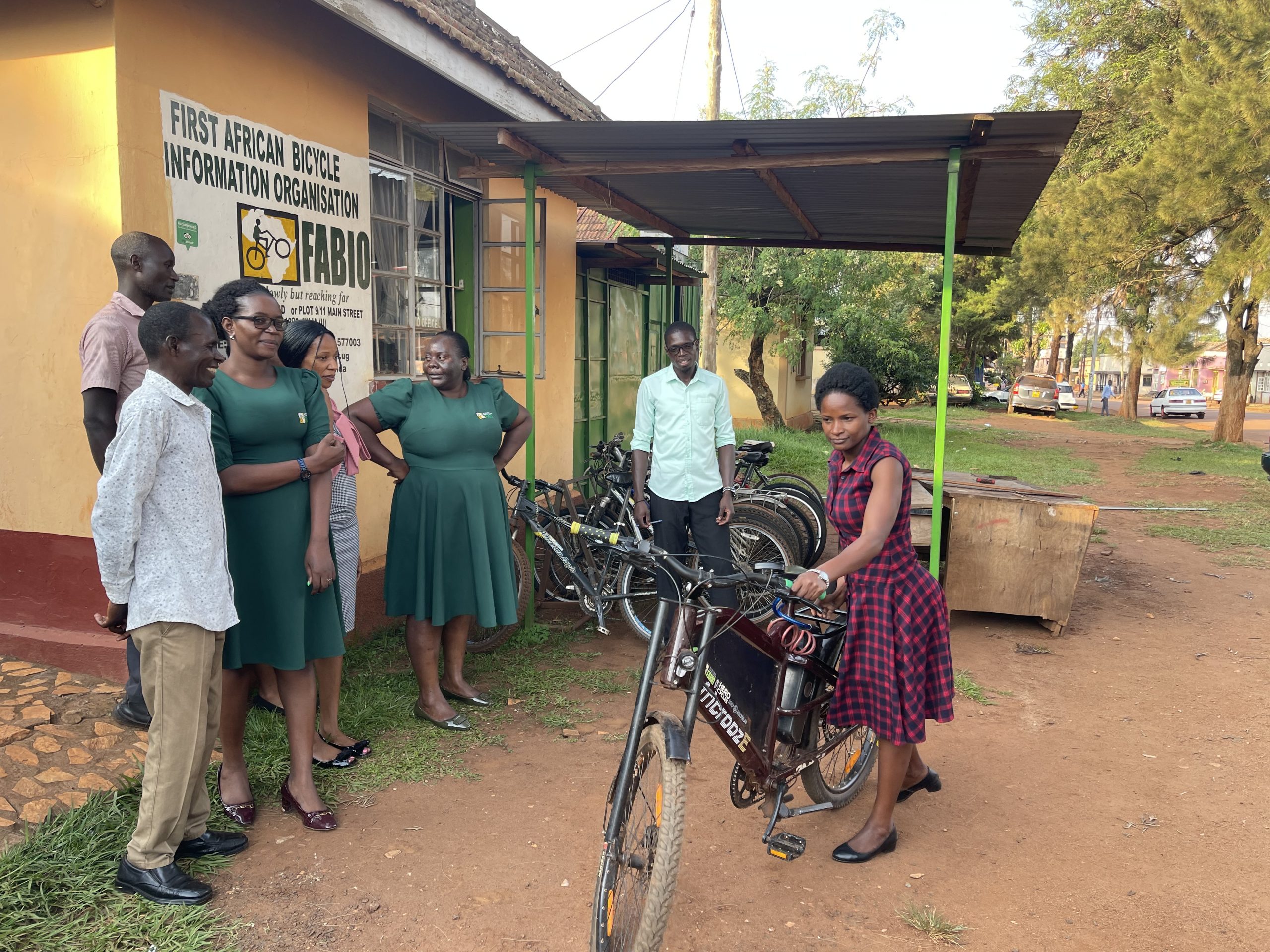
first african bicycle information organisation (fabio)
FABIO started its operation in 1994 as a bicycle workshop, and has steadily evolved into a fully-fledged charity that advocates for and champions the development of inclusive non-motorised transport in Uganda. FABIO seeks to herald the bicycle as a means of changing lives by empowering people living in poor households.
FABIO highlights the positive impact on health – it can ease transportation for healthcare workers to and increase access for communities to healthcare centres. It also promotes the use of the bicycle to encourage vulnerable children, especially the girl child, to attend school. Ordinarily, many of these children have to travel long distances to school, forcing them to drop out of school. The bicycle is seen to help improve student retention rates among both boys and girls.
Main focus: Improving transport and education
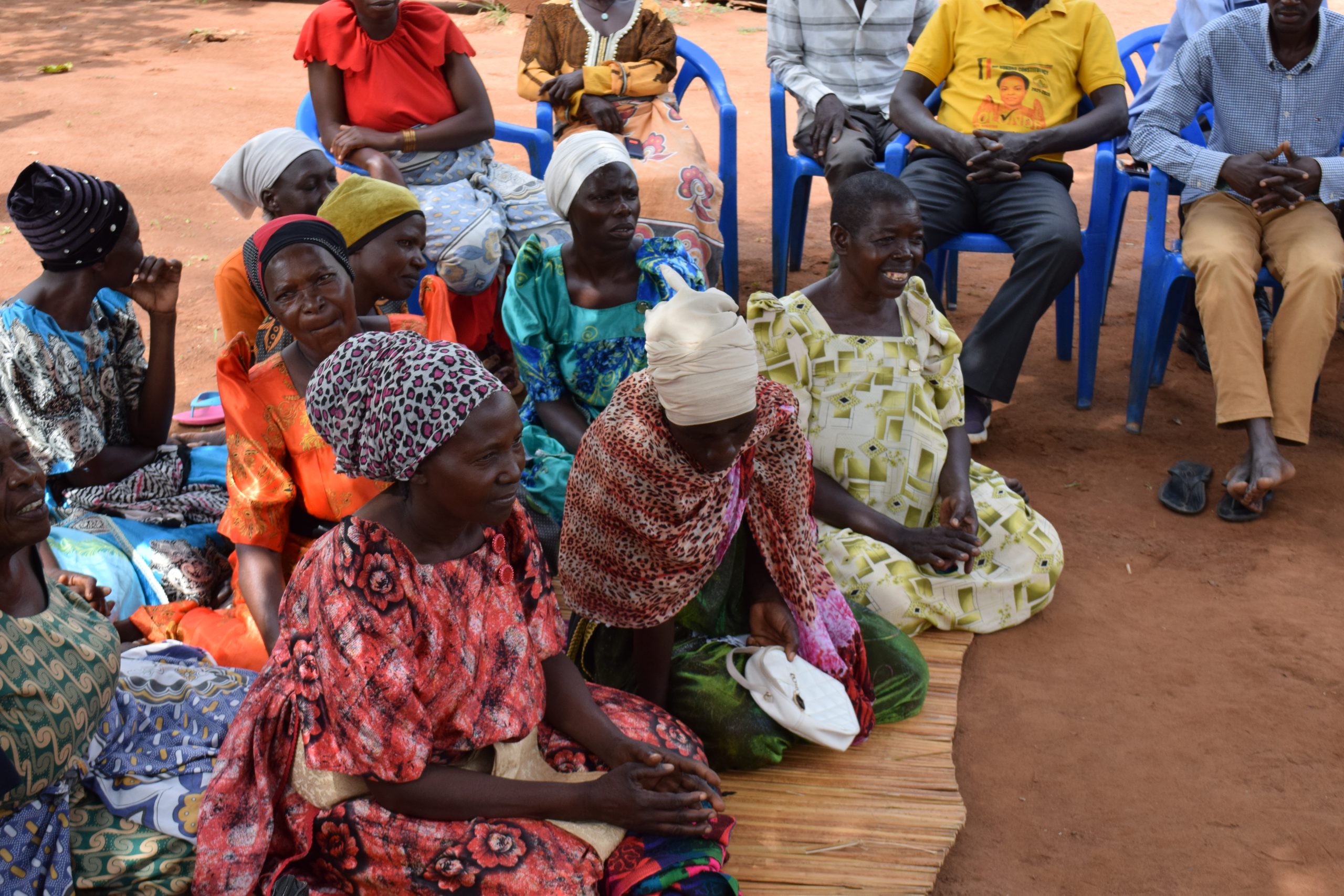
sustainable multi-sectoral action for development (smad)
SMAD empowers poor and vulnerable communities (especially smallholder farmers, women and children) to improve their health, income and food security, by building their capacity and carrying out integrated community-based interventions.
More specifically, SMAD seeks to enable smallholder farmers to prevent high post-harvest food losses by building their knowledge and skills in utilising appropriate technologies and other initiatives to reduce food losses. It also enables them to form self-help credit groups that promote a saving culture, improve access to financial services, and allow for proper production, harvesting and storage.
Additionally, SMAD works to reduce high infant and maternal mortality rates which are associated with poor water, nutrition and hygiene practices.
Main focus: Supporting farmers
malawi
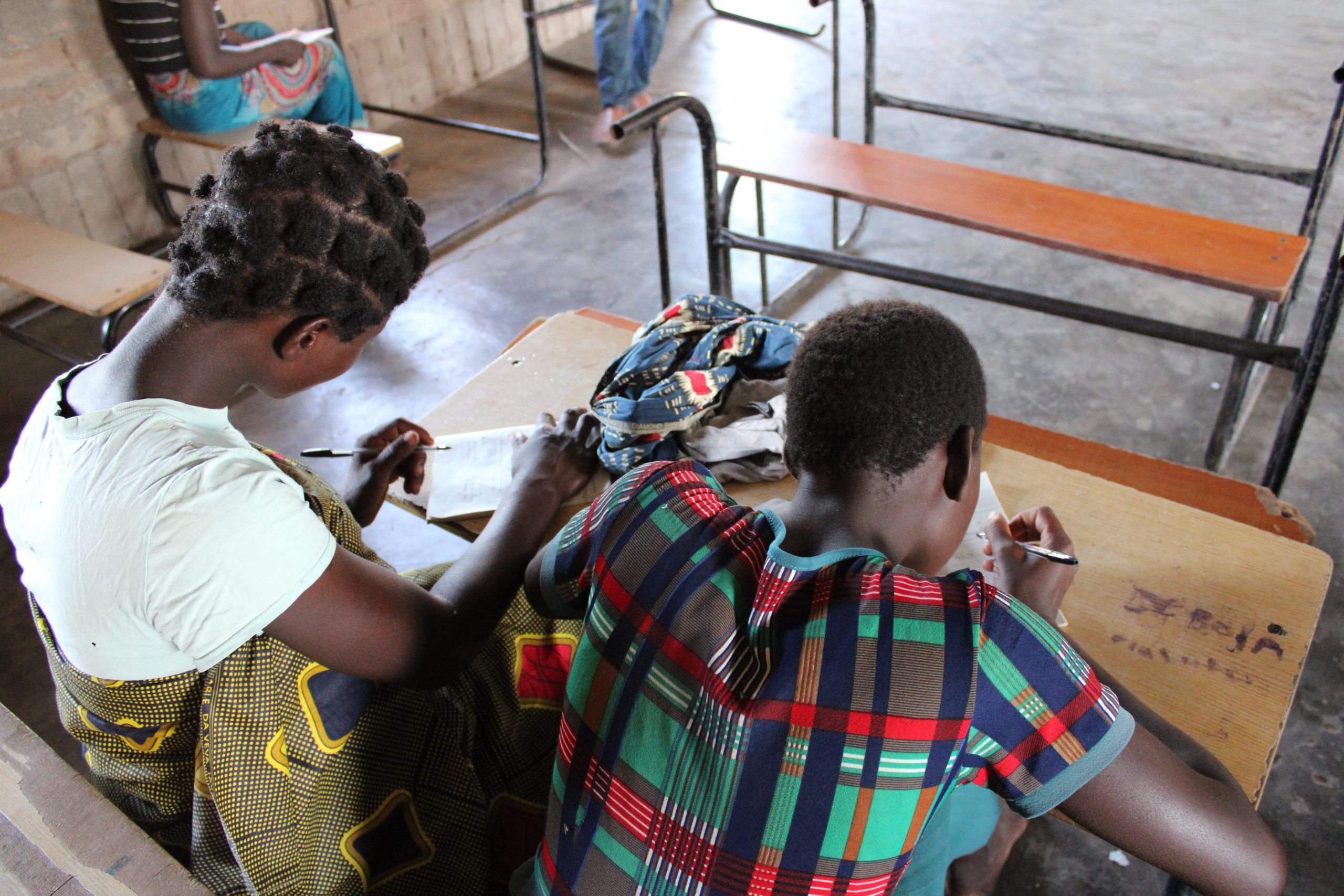
adolescent girls literacy+ (aglit+)
AGLIT+ has a combined literacy and health education programme for rural adolescent girls and boys aged between 10 and 19 who missed out on school. The programme is a non-clinical health intervention that was introduced to tackle poor reproductive health among young women and girls.
The goal is to improve their health-seeking behaviour through the acquisition of literacy skills and health knowledge, teaching strategies to overcome obstacles to health, addressing the consequences of wedding early or leaving school prematurely.
Main focus: Literacy and health education
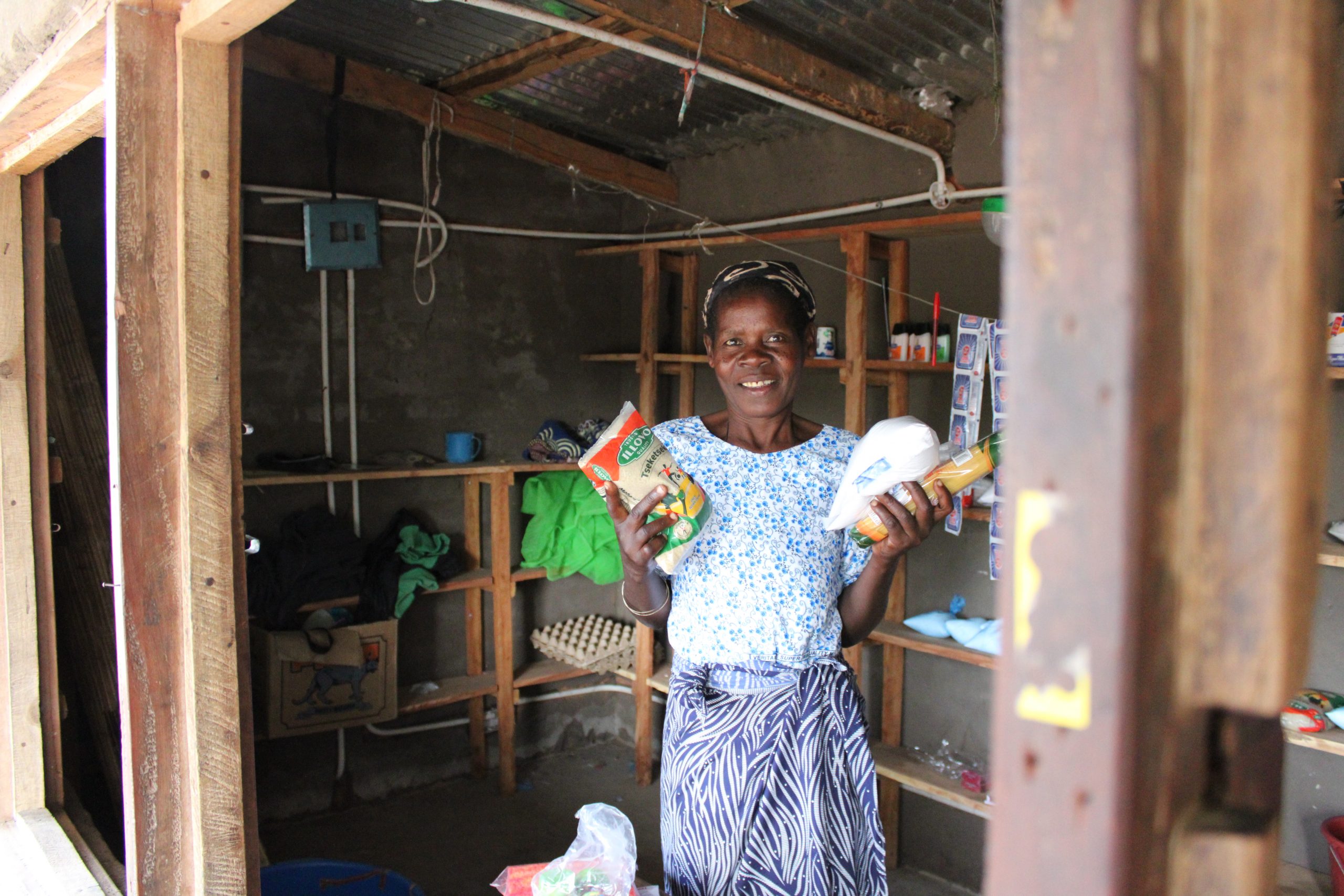
foundation for civic education (face)
FACE works to empower communities to improve their health status and livelihood security. It supports people in a variety of ways, including through education, nutritional support, HIV/AIDS awareness and helping communities be better prepared for disasters.
Main focus: Education and nutrition
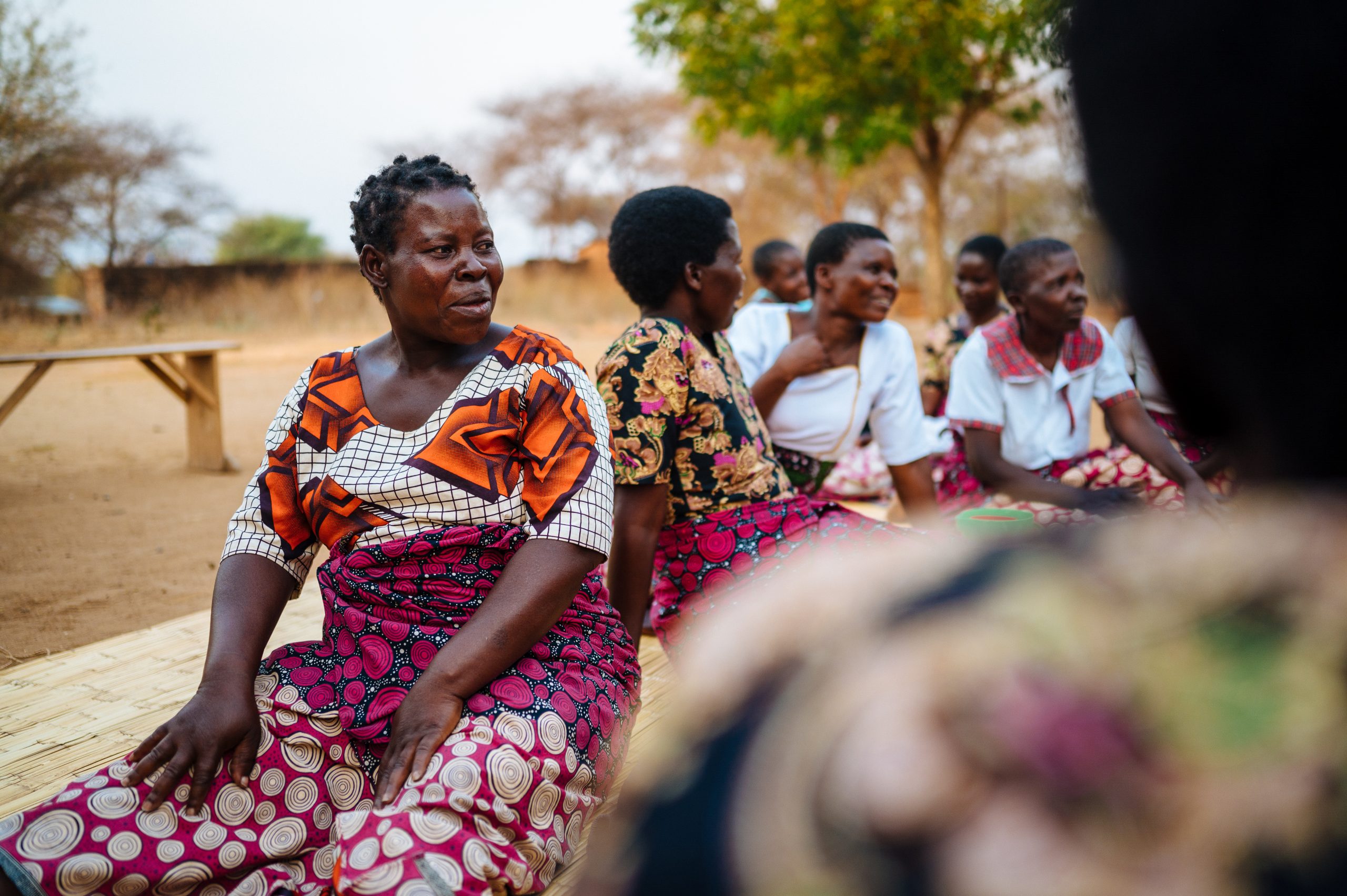
Eagles Relief and Development Programme International (EAGLES)
Eagles is a faith based NGO founded by Living Waters Church International. Eagles operates in 5 key thematic areas: church mobilisation, public health, climate change and disaster risk management, food and nutrition security, and economic empowerment.
Main focus: Develop community strengths through churches
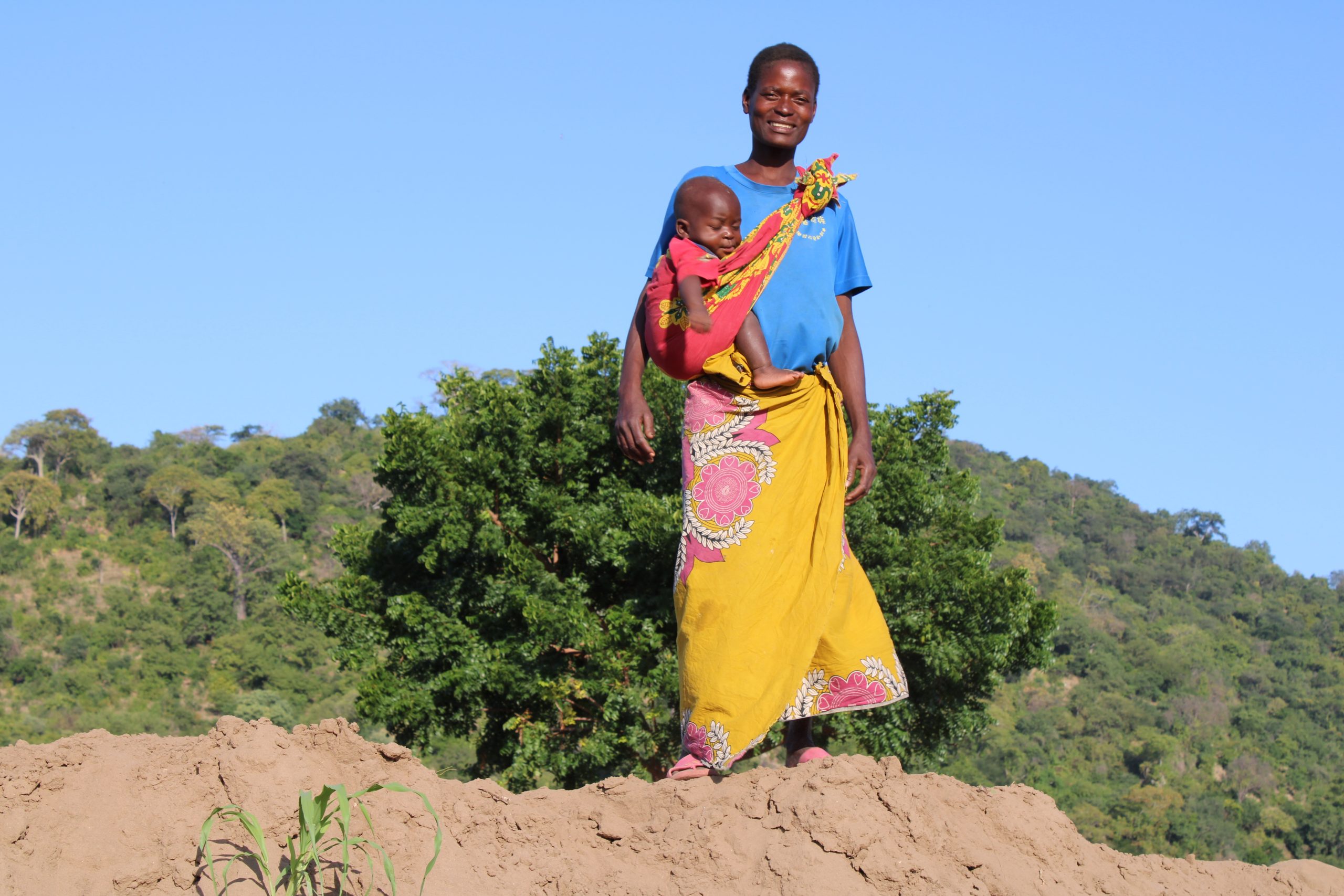
churches action in relief and development (card)
CARD supports local communities to become more resilient to disasters and climate change. They provide support to those living with HIV/AIDS, enable access to clean water and sanitation, and develop sustainable livelihoods and food security.
Main focus: Developing entrepreneurs and infrastructure
zimbabwe
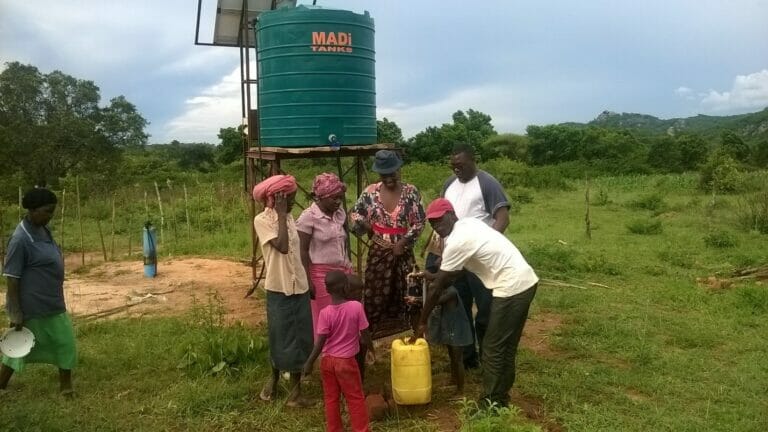
centre for gender and community development zimbabwe (cgcdz)
CGCDZ promotes community development through gender-sensitive projects focusing on citizen participation, economic empowerment, and climate change mitigation and adaption.
“The whole idea is to transform communities using local knowledge, with local resources, and within the context in which they are existing” – Elliot Vengesa, Director of CGCDZ.
Main focus: Civic participation in projects
Image credit: CGCDZ website
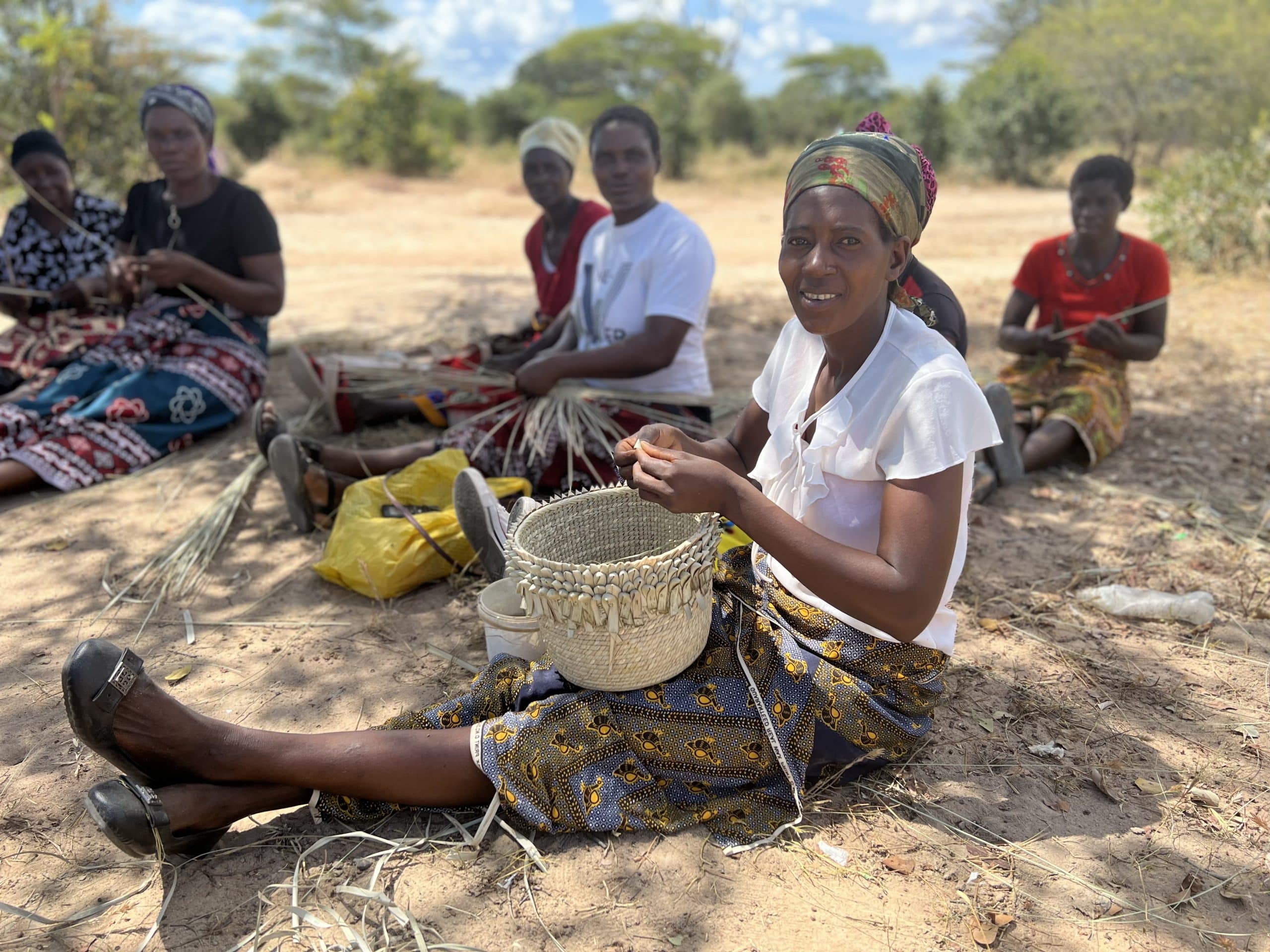
zubo trust
The Zubo Trust promotes and supports the needs of rural women in the Zambezi Valley to realise their full socio-economic potential. It encourages women to make the most of naturally available resources which also benefits children, men and the wider community around them.
Main focus: Supporting female entrepreneurs
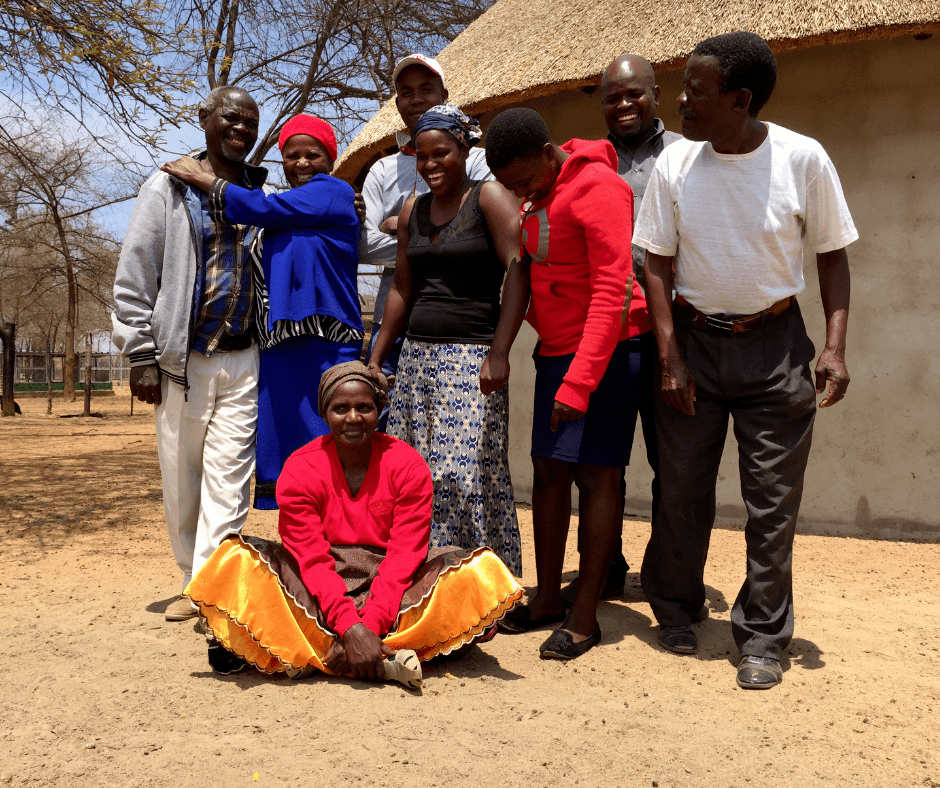
health, education and food security organisation (hefo)
HEFO is passionate about restoring and equipping vulnerable communities so that they can become more self-reliant. They focus on climate resilience, sustainable agriculture, promoting livestock production, and increasing access to clean, safe water.
“Dealing with social issues is not enough. We are not the solution to all issues, but we do have our part to play” – Anania Ncube, Director of HEFO.
Main focus: Health, education and food security
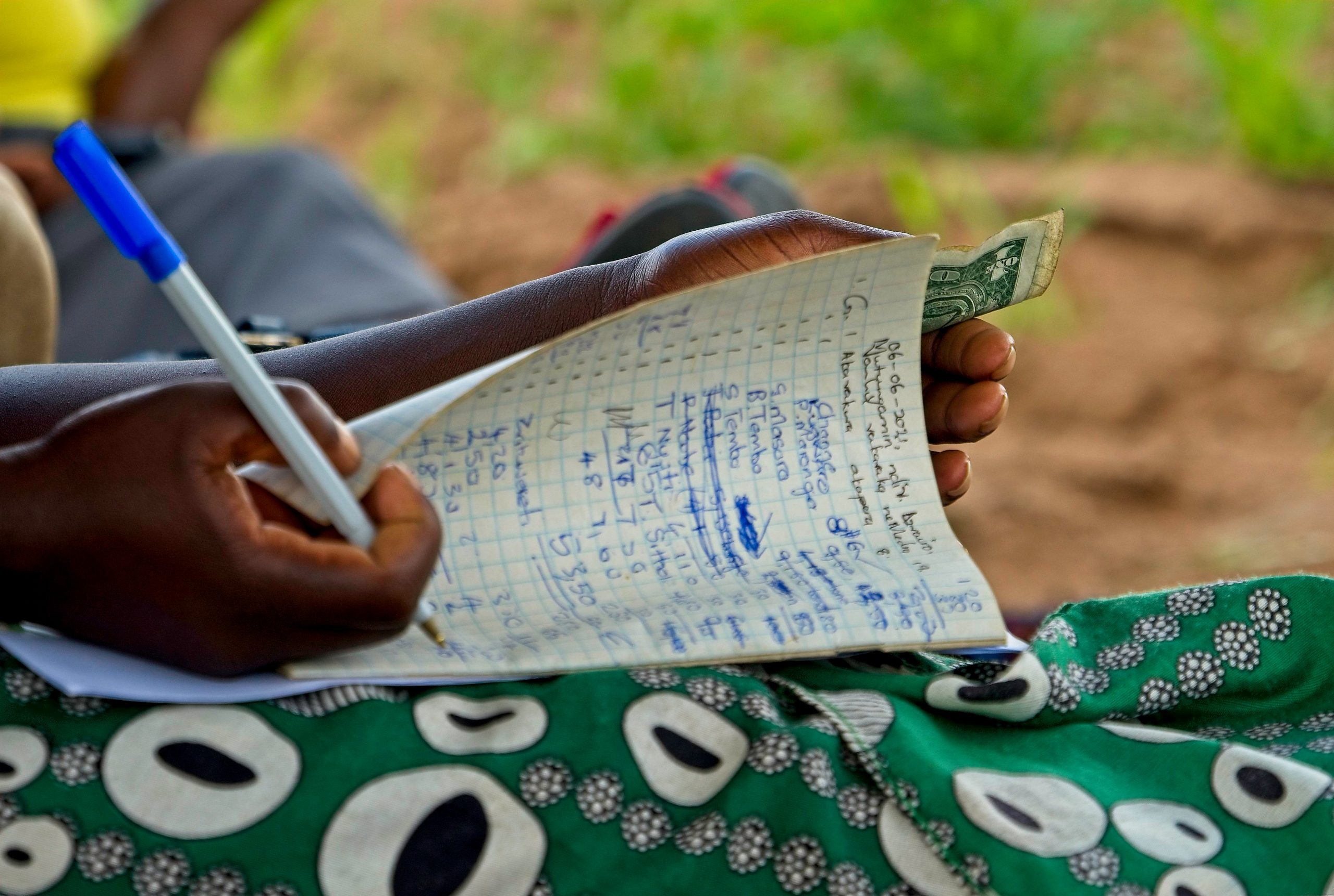
methodist development and relief agency (medra)
With a passion to empower and transform rural communities, MeDRA focuses on supporting people to develop sustainable livelihoods, gain access clean water and sanitation facilities, and strengthen community-based support structures. It also works closely with the Methodist Church of Zimbabwe to address systemic issues of injustice through promoting gender equality, peace and reconciliation, and child safeguarding.
Main focus: Empowerment
